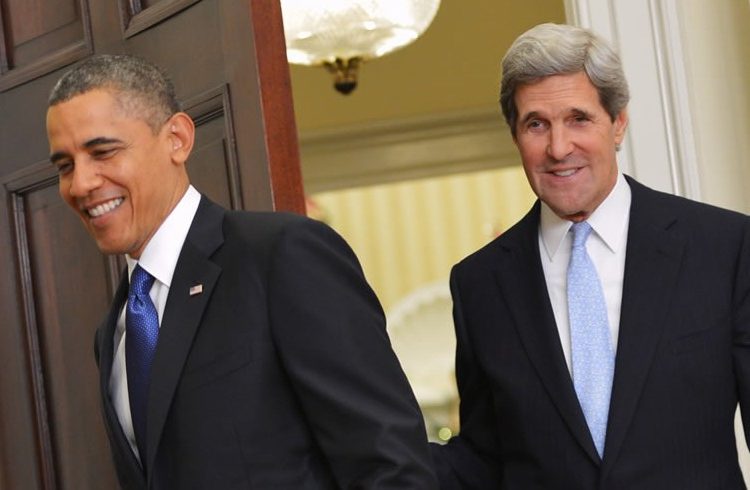Secretary of State John Kerry will not be travelling to Cuba prior to President Obama’s visit to the country, as it had been suggested, but he expects to accompnay the president on his trip to the island.
The announcement was made by the spokesman of the Department of State, John Kirby, during the daily press briefing on Friday.
The cancellation was due to “scheduling issues” that prevented Secretary Kerry from making a trip ahead, Mr Kirby said.
It was also informed that Kerry spoke by phone with Cuban Foreign Minister Bruno Rodriguez about President Obama’s upcoming trip to Cuba.
Kerry conveyed to his counterpart Obama’s plans to meet with a wide array of Cuban officials and citizens to include members of civil society.
When asked if a dispute between the U.S. and Cuba on how to address human rights issues had played a role in the cancellation, Kirby reiterated the scheduling issues explanation, adding that the visit would have also taken a heavy demand on the embassy staff in Havana.
“To do two high-level visits in a given month, that was a lot to ask them,” he said.
Kirby noted that the American side continues to have concerns about the human rights issue in Cuba, which they had discussed candidly and frankly, publicly and privately.
“The President has every expectation to meet with dissidents down there in Cuba, dissidents that they themselves have – will and choose to meet with,” he said.
“But it doesn’t mean that we’re not going to continue to work towards normalization or that we’re not going to try to keep that process on the positive path that it’s already begun to take.
“There are issues where we don’t see eye-to-eye, and I suspect that some of those issues will remain for a while going forward. But we continue to believe that opening up the relationship with Cuba, that normalizing a relationship through appropriate foreign relations, is a better way to have a discussion with everybody in Cuban society.
“And if you want to make a difference, we believe the way to make that difference is through dialogue and talking and conversation and interaction. And that’s what we’re going to continue to pursue.”










